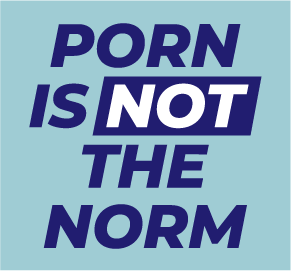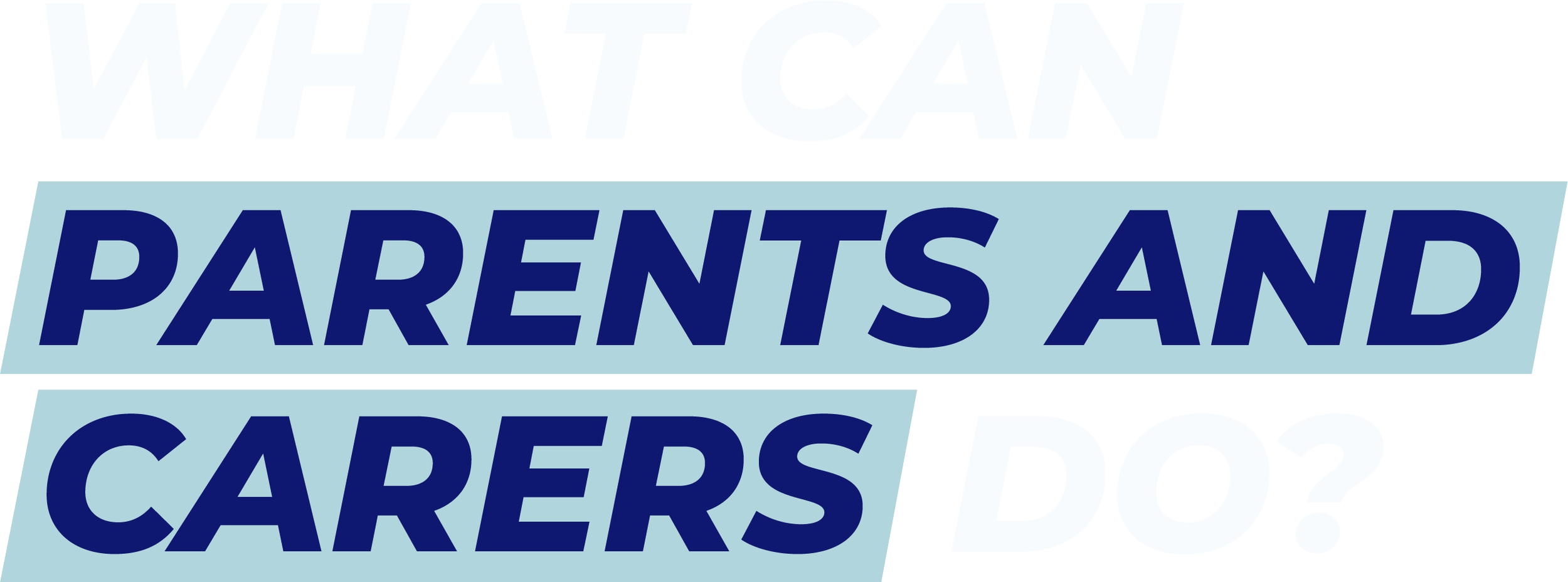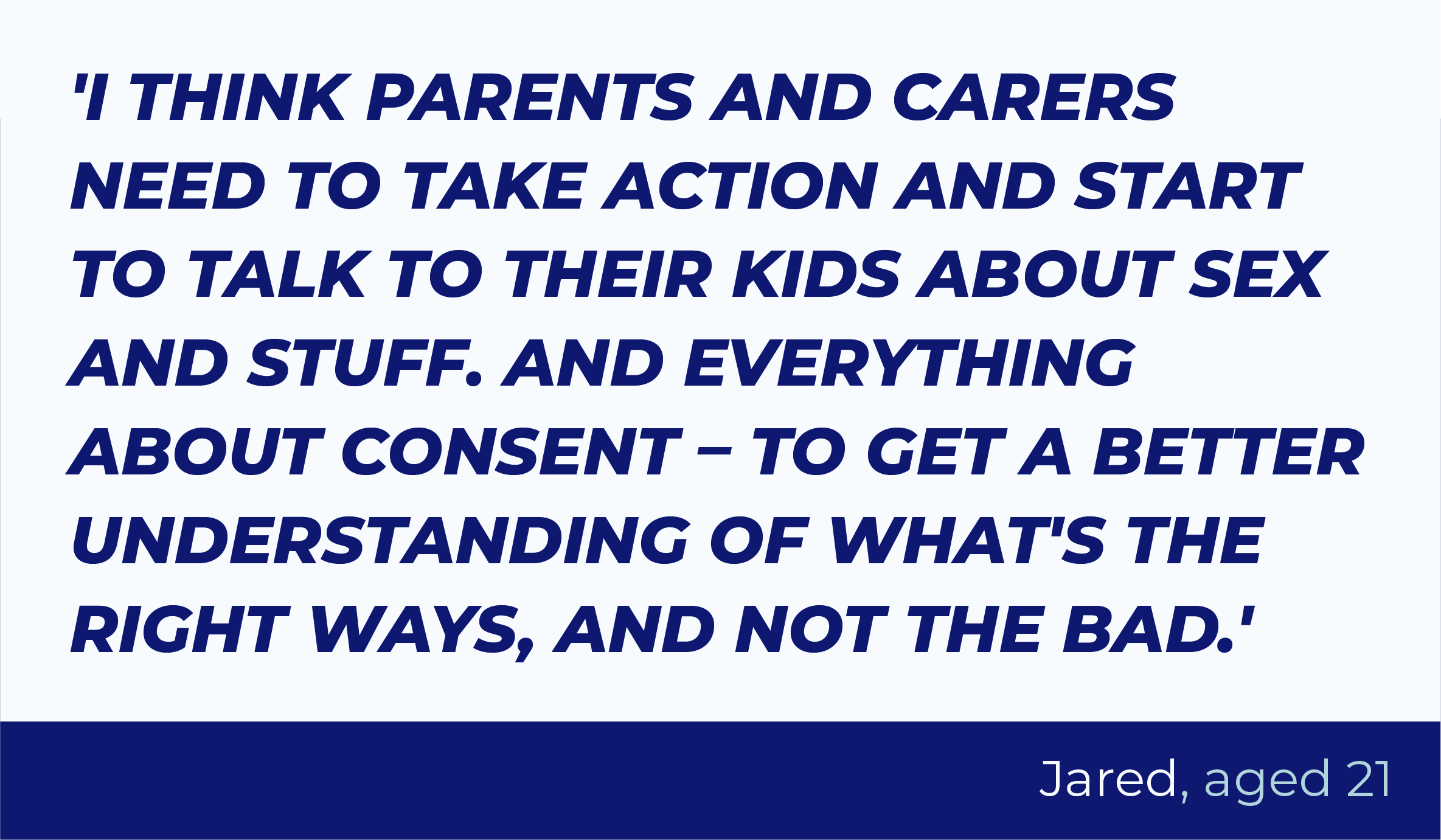
WHY parents?
Pornography is an issue that can feel challenging to talk about and we may prefer to ignore it. But young people need us to put aside our discomfort and discuss the issue – to reduce the pornography industry’s impacts on their sexual understandings and experiences.
Sometimes, false assumptions have been made that some young people, particularly young people with a disability, are somehow not sexual beings and will therefore not be interested in sex and have no need for sexuality education. Such assumptions are dangerous and leave young people vulnerable to sexual harm.
As parents, carers, families, schools, communities and as a society, we need to help young people navigate pornography’s influence – and equip them with the skills they will need for a sexuality that is respectful, mutual, consenting and safe.
What autistic young people have to say
The autistic young people we interviewed highlighted how important it is that parents and carers talk about sex and pornography with young people.
Understanding the issues
In order to support young people to navigate the influence of pornography we must first understand the issues.
Parents and carers need to develop an understanding of the nature of contemporary pornography, how it is impacting on young people, how pornography’s influence may be amplified for autistic young people, and why we need to support them to navigate this new normal.
Starting the conversation with autistic young people
All young people need education and support to safely navigate pornography’s influence, but there is no ‘one-size-fits-all’ approach. Autistic young people need ongoing education and support that is tailored to their cognitive style and learning needs.
As a parent you will understand the unique learning style of your child and how best to support their needs. Porn Is Not the Norm has developed resources to help parents tailor conversations about these issues. All these resources include tips and suggestions such as:
Keep calm – These conversations may feel challenging for you – and for your child! But if as parents and carers we are able to remain calm and caring in our approach, young people are more likely to feel comfortable to talk with us.
Assure them that you will support them – Young people may be hesitant to talk with us if they are concerned that we will be angry or upset with them. Assure your child that they can talk with you about anything and that supporting them is your focus.
Use accessible language – It’s important to use language that young people understand and connect with. The right kind of language is going to look different for different young people. It may be visual, spoken or written language.
Talk with young people, not at them – Remember the importance of ‘nothing about me without me – do this with me not to me or for me’. Ask questions to better understand your child’s experiences and understandings, and work together to develop approaches that will work.
Join your child at their points of interest – To engage autistic young people in important conversations, it may be important to start by making a connection with an area of interest. For example, if your child is interested in photography, express interest in photos. Talk about the importance of seeking consent if you want to take a photo of other people. The aim is to explore how we can make choices that keep us and others safe.
For more information and ideas about how to have conversations about relationships, sex and pornography with your child, see our resources.
Practical actions parents can take
Preventing or limiting exposure
Seeking to prevent or limit young people’s exposure and access to pornography is an important part of the solution. In practice, this means managing their technology – while also acknowledging that technology can be an important part of life for many autistic young people. Strategies such as installing filters on modems and devices, time limits on device use, only having access to devices in shared spaces and not having access in bedrooms and bathrooms can help.
Modelling respect, mutuality and consent
We need to inspire young people that relationships and sex can be so much better than the sexist, violent and unrealistic portrayals of sex that are so common in porn. We need to help young people catch a vision for a better model of sex and relationships. We need to model respectful gender relations ourselves. And we need to talk about relationships and sexuality with young people in ways that emphasise concepts such as respect, mutuality and consent.
Supporting critical thinking
Parents can play a vital role in encouraging and equipping young people to think critically about what they see, when they do see pornography. We can start these conversations from a young age by supporting them to think critically about advertising and other media. Then as they get a bit older, we can help them to apply that critical thinking to more sexualized media, such as sexualized advertising or music videos. And as they get older again, we can have overt conversations to support them to think critically about pornography and the messages that it conveys.
Talking about online safety
Talk with young people about issues such as why it is important to have limits on technology use, why we shouldn’t share private or personal information with strangers, and how to use privacy and online safety settings to keep safe – and work together to develop approaches that will work best.
Supporting healthy understandings of sexuality and relationships
How can we support young people to navigate great relationships and sexuality in an age of pornography? Autistic young people need access to ongoing sexuality education that is clear, accessible, accurate and developmentally appropriate.
Over a series of conversations we need to talk with young people about:
the characteristics of healthy sexuality – such as respect, communication and consent, and what they look like in practice
the importance of building trust with people over time
signs that a relationship is not healthy – such as pressure, threats, or controlling behaviour like trying to limit our access to family or friends
keeping safe online – including not accessing illegal or degrading content and not sharing private information or images with anyone we don’t know very well and are not really sure we can trust
where and how we can seek help and support, and how important it is to do so.
Where to from here?
Porn Is Not the Norm has developed a range of resources to support autistic young people, their parents and carers, and professionals who work with them.









